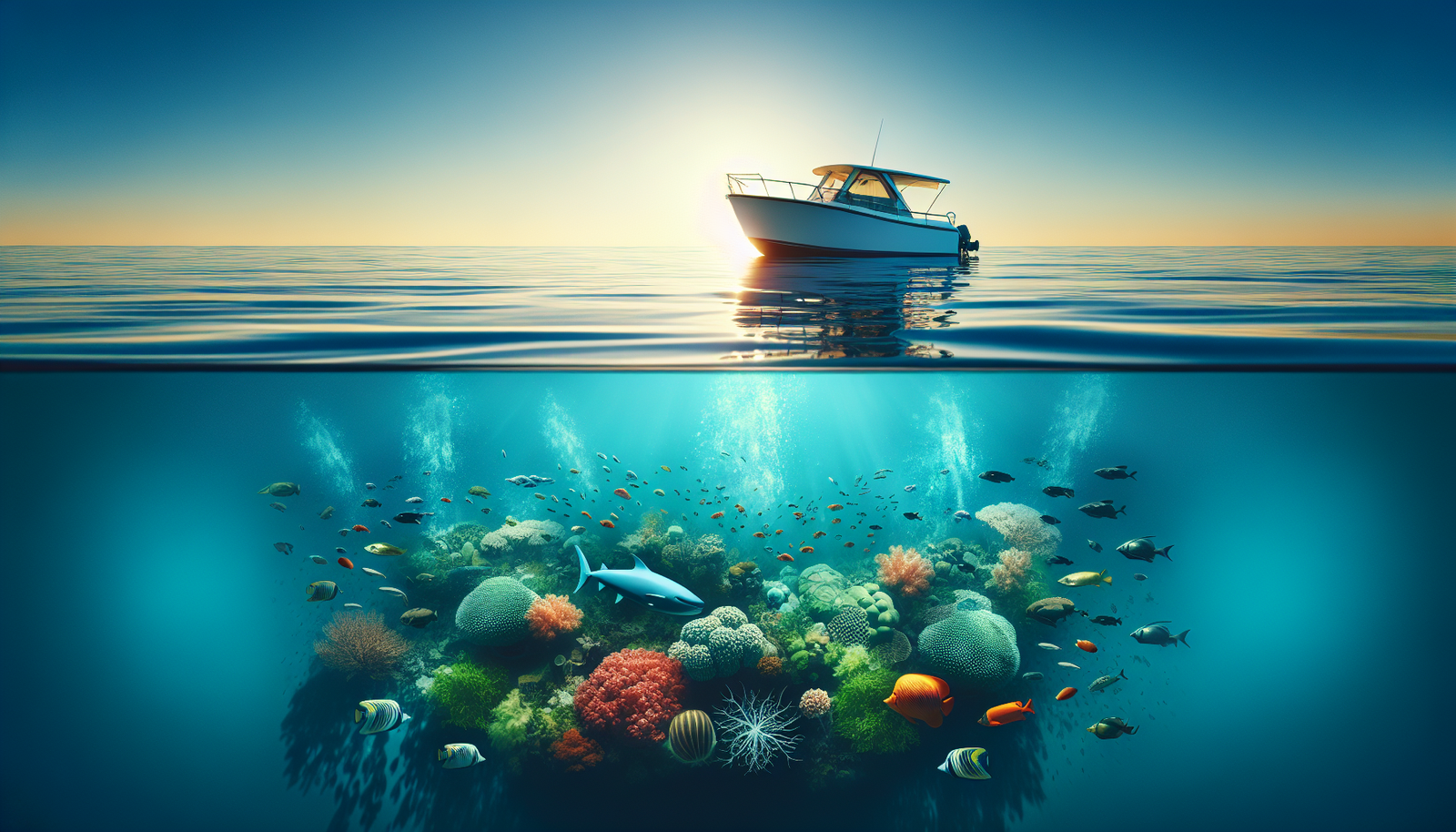Get ready to journey through the world of boating while exploring the essential role of conservation ethics within this sector. From reducing the carbon footprint to how waste should be responsibly managed at sea, we will focus on how you as a boat owner or enthusiast can become an ambassador for environmental preservation. As the article unfolds, you’ll learn about effective strategies employed in boating conservation and how these ethics impact marine life, water cleanliness, and even the longevity of the boating industry. Climb aboard as we navigate these important waters, embracing the need for sustainable practices that maintain the beauty and health of our nautical landscapes.
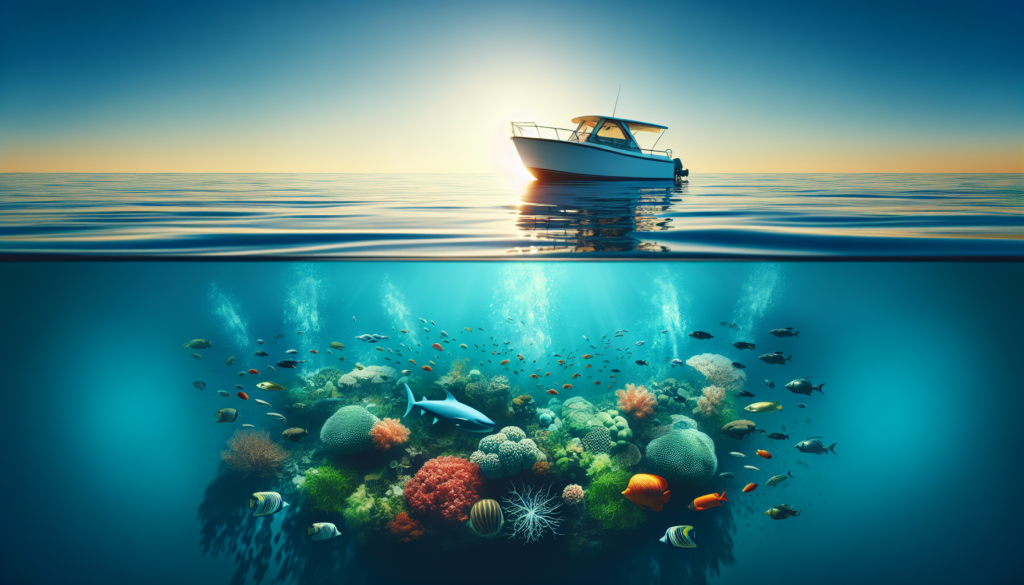
Understanding Conservation Ethics
Conservation ethics is a principle of responsible and sustainable behavior towards the environment. It’s a principle that encourages humans to interact responsibly with nature, treating it with care and respect instead of exploiting it for short-term gains.
Defining Conservation Ethics
Conservation ethics is about conservation—maintaining the health and vitality of the earth’s ecosystems. It’s about recognizing our place in the world, the impact our actions have on the environment, and the responsibility we have to safeguard this planet not just for ourselves but for the generations to come. From recycling to renewable energy and sustainable farming, conservation ethics covers a wide array of issues.
Principles of Conservation Ethics
The principles of conservation ethics are based on the belief that humans are an integral part of the ecosystem. It acknowledges the interconnectedness of all life and, as such, our actions and choices have consequences not just for us but for all creatures. The main principles involve the sustainable use of resources, acknowledgment of the intrinsic value of nature, and proactive steps to mitigate harm.
Application of Conservation Ethics in Boating
When applied to boating, conservation ethics encompasses a wide range of actions—from the conscious choice of using environmentally-friendly materials to the basics of keeping the waters clean. It implies operating the boat in such a way that it minimizes damage to aquatic life or to the ecosystem. It also includes proper disposal of waste products, reducing noise pollution, and preserving the natural habitats.
Environmental Impact of Boating
Boating, while offering recreational enjoyment and economic benefits, can also have less desirable impacts on the environment.
Overview of Environmental Concerns
The primary environmental concerns associated with boating range from water pollution, endangerment of aquatic species, noise pollution, to the destruction of natural habitats. Improperly discarded waste, fuel, and oil leaks can all cause significant water pollution.
Specific Impacts of Recreational Boating
Recreational boating particularly can lead to significant environmental damages if not undertaken responsibly. Propellers can damage aquatic plants and disrupt the habitat of many species. Boat traffic can also disturb nesting and feeding sites for birds and other wildlife.
Long Term Effects on Aquatic Ecosystems
The cumulative impact of these issues can lead to the degradation of aquatic ecosystems, placing further strain on already vulnerable aquatic species. Over time, the biodiversity within these ecosystems can decrease, leading to a loss of resilience and greater susceptibility to further disturbances.
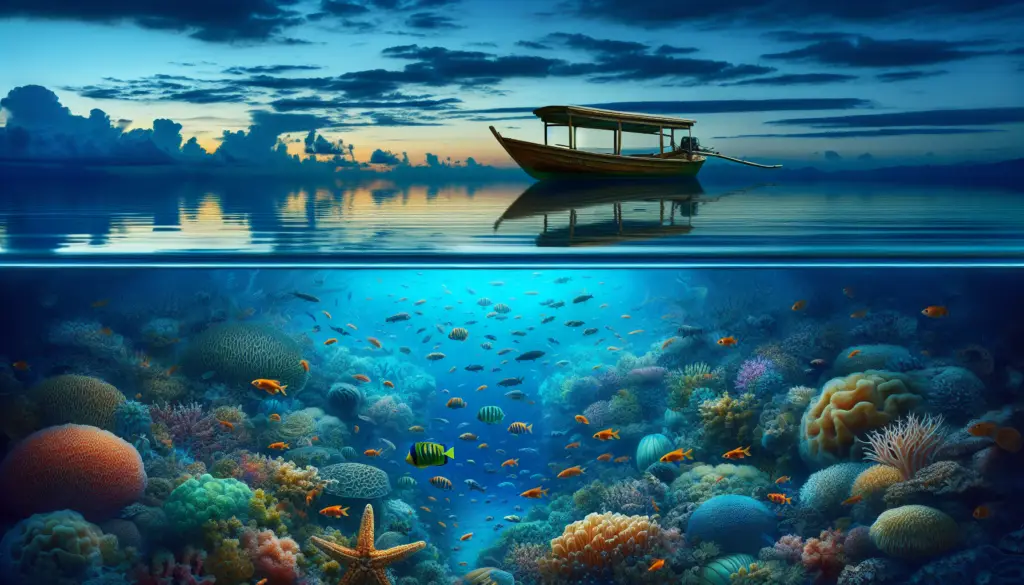
Application of Conservation Ethics in Boating
Now, let’s consider the best way to apply conservation ethics in boating. You can make a significant difference by adopting a personal ethic guided by conservation and promoting similar behavior among fellow boaters.
Developing a Personal Ethic
Creating a personal conservation ethic means taking responsibility for your actions and making sustainable choices in your boating practices. It could be as simple as ensuring you don’t disturb aquatic life or as all-encompassing as upgrading your vessel to be more eco-friendly.
Promoting Ethical Behavior among Boaters
In addition to your personal practices, it’s also essential to encourage others in your boating community to adopt conservation ethics. Share information about the environmental impact of boating and provide practical advice on sustainable boating practices.
Incorporating Conservation Ethics into Boating Practices
Implementation often involves changes in day-to-day operations—like doing regular checks to prevent oil leaks or mapping out routes that avoid sensitive aquatic habitats. It can be as easy as picking up litter or using bio-friendly cleaning products.
Benefits of Adhering to Conservation Ethics in Boating
Adhering to conservation ethics in boating comes with several benefits—preserving aquatic habitats, sustaining the boating industry, and enhancing your boating experience.
Preservation of Aquatic Habitats
By practicing responsible boating, you can significantly reduce the impact on aquatic habitats—ensuring that these ecosystems continue to thrive for years to come.
Sustainability of the Boating Industry
The future of boating depends on the health of our aquatic ecosystems. Adhering to a strong conservation ethic ensures the survival and growth of your beloved pastime.
Enhancement of Recreational Boating Experiences
Conservation ethics can enhance your experience, allowing you to enjoy nature in its most pristine state while knowing you’re doing your part to protect it.
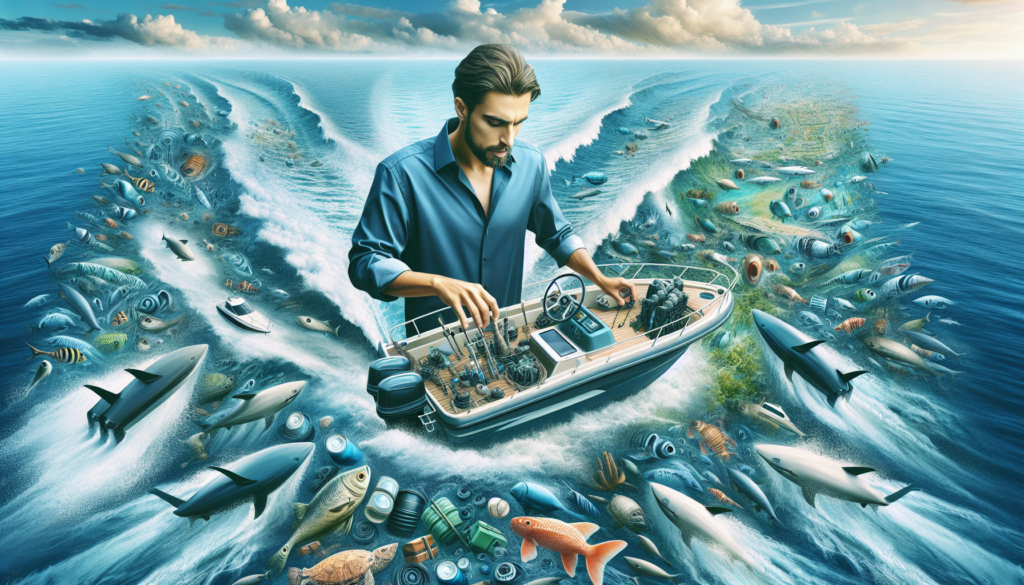
Role of Governments in Promoting Conservation Ethics in Boating
Governments can play an essential role by enacting legislation, regulating, and monitoring boating activities, and providing educational programs.
Legislation and Policies
Implementing laws that protect aquatic ecosystems and regulate boating activities can enforce and promote conservation ethics.
Regulation and Monitoring
Enforcing regulations and monitoring their efficacy is another way to ensure that boating practices don’t harm the environment.
Educational Programs and Campaigns
Educational campaigns raise awareness about the impact of boating on the environment and promote conservation ethics.
Role of Boating Associations and Clubs in Conservation Efforts
Boating associations and clubs also play a critical role in conservation efforts by developing and enforcing ethical codes, providing training, and promoting sustainable practices.
Developing and Enforcing Ethical Codes
Ethical codes outline the standards for responsible behavior. They set expectations for members and provide a framework for conservation-minded practices.
Providing Training and Education
Boating associations can provide members with information and training on conservation issues, helping them become more mindful of their impact on the environment.
Promoting Sustainable Boating Practices
Promoting best practices and sustainable techniques within the boating community is a great way to encourage adherence to conservation ethics.
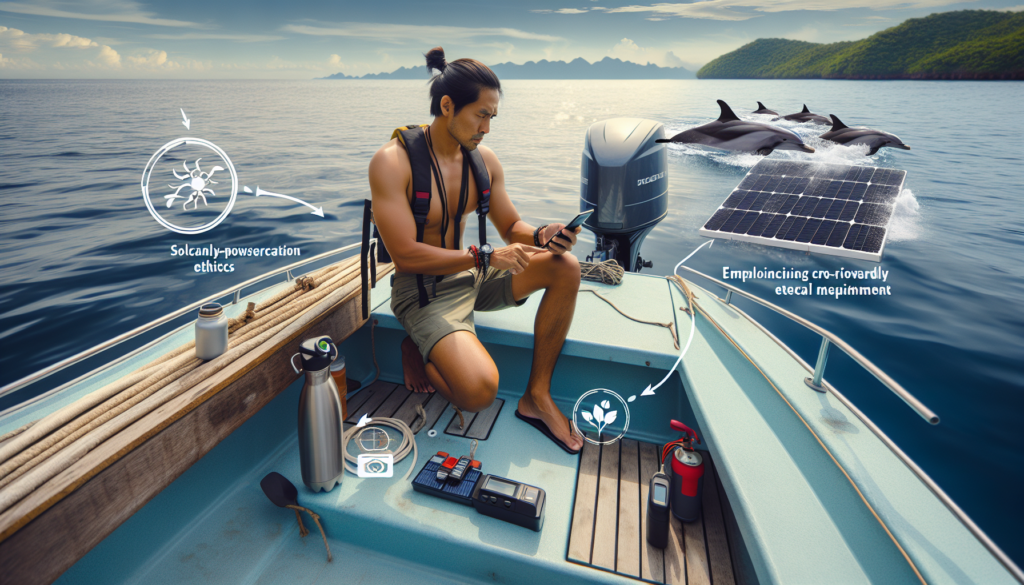
Conservation Techniques for Boaters
There’s a wide range of practical conservation techniques that boaters can implement, from waste management to responsible boating techniques and proactive conservation activities.
Waste Management
Proper waste management involves disposing of garbage responsibly, ensuring that nothing is left in the water.
Responsible Boating Techniques
Operating boats at appropriate speeds, avoiding sensitive areas, and keeping your vessel well-maintained can reduce environmental impact.
Proactive Conservation Activities
Proactive activities could include participating in cleanup drives, advocating for conservation policies, or volunteering collectively with your boating community to carry out conservation projects.
Challenges and Solutions in Implementing Conservation Ethics
There can be challenges in implementing conservation ethics—from resistance to change and dealing with ignorance, to offering incentives for ethical behavior.
Overcoming Resistance to Change
Changes can sometimes be met with resistance, particularly when they require adjustments in familiar routines. It’s vital to adopt an understanding and patient approach while encouraging fellow boaters to embrace these important changes.
Dealing with Ignorance and Misinformation
Unawareness or misinformation is another challenge. Here, education is a powerful weapon; providing accurate information ensures that boaters understand the impact of their actions.
Incentives for Ethical Behavior
Incentives, such as recognition or rewards, can encourage boaters to adopt ethical behavior by acknowledging the efforts and reinforcing the positive behaviors.
Case Studies in Boating Conservation Ethics
Learning from experiences—both successes and failures—can help illuminate the path to sustainable boating.
Success Stories in Boating Conservation
Success stories—whether they involve individuals adopting sustainable practices, or whole communities making strides towards conservation—can serve as motivation and provide valuable insights into the practical aspects of sustainable boating.
Lessons from Failed Initiatives
Not all attempts at promoting conservation ethics will be successful. However, failure is not the end, but a learning opportunity. It’s crucial to analyze these situations to understand what went wrong and how to avoid similar pitfalls in the future.
Innovative Approaches to Conservation Ethics
Boaters around the world are coming up with innovative solutions to conserve the environment—these ideas can bring fresh perspectives and potentially reshape our understanding of sustainable boating practices.
The Future of Conservation Ethics in Boating
The future looks bright with emerging trends, shifting attitudes, and the role of the next generation in conservation.
Emerging Trends and Technologies
From eco-friendly boat designs to advancements in renewable energy sources like solar and wind power for boating—innovation is paving the way towards more sustainable boating practices.
Shifting Attitudes and Values
The increasing awareness about the importance of conservation is encouraging; more boaters are starting to understand that their choices have a significant impact on the health of our ecosystems.
The Role of the Next Generation in Conservation
The future depends on the next generation of boaters. By instilling in them a strong conservation ethic, we can ensure that the seas and waterways continue to be places of wonder and recreation for future generations.

